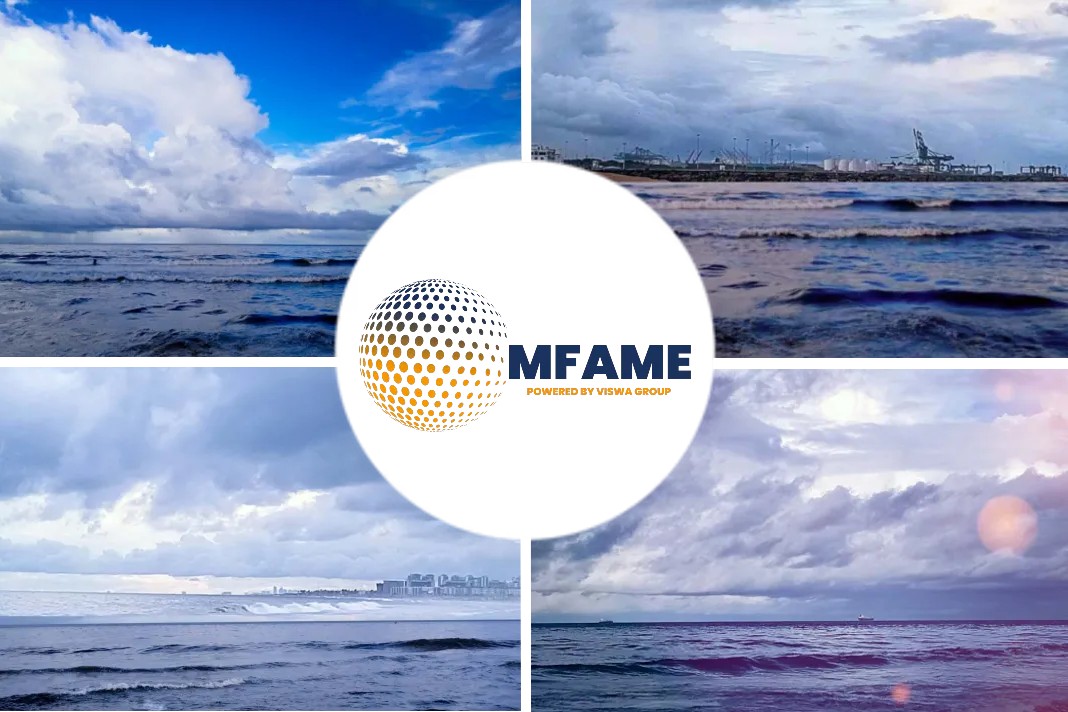- Black carbon emission report creating ripples across the maritime industry.
- With pressure mounting on IMO to act on the new blends, shipping may not be in bad shape after all
- The allegations might not be justified as most of the tests were done before December 2019.
- Many new components may not carry those elements found in the test done in February 2019.
- Shipping should be credited for tackling 2 out of 3 negative effects of IMO 2020.
Ever since the content of the joint paper that Finland and Germany have submitted for the IMO’s PPR 7 sub-committee meeting later this month became common knowledge, it was just a matter of time before its conclusions would cause controversy, says an article published in Ship Insight.
Why is it important?
The paper referenced as PPR 7/8 details the initial results of a Black Carbon measurement campaign with emphasis on the impact of the fuel oil quality on Black Carbon emissions.
In a statement issued this week, the environmental group Clean Arctic Alliance is calling for the IMO to support an immediate switch to distillate fuels for ships in the Arctic and develop a global rule prohibiting fuels with high Black Carbon emissions.
Know more: Black Carbon Emission Causing 2020 Fuels Puts IMO in A Spot!
Fuel Industry Allegations
“There are serious questions to be answered about how these blended super pollutant ‘Frankenstein’ fuels ever came to market. It beggars belief that amidst a global climate crisis, the marine fuel industry could develop these VLSFOs without knowing their effect on Black Carbon emissions and the climate, particularly in the Arctic – especially as the IMO has spent almost a decade considering how to reduce Black Carbon emissions from shipping,” said John Maggs, Senior Policy Advisor at Seas at Risk.
Know More: ‘Frankenstein Fuels’ Triggers War of Words on IMO 2020
Fuel Quality Issues Escalate
The new global cap was always predicted to cause issues and so it has proved. There has been an increase in fuel quality complaints since the new VLSFOs have come onto the market although specific details as to the suppliers and fuel types involved have not been made public.
Fuel Stability The Key Concern
The anticipated problems as far as ship operators and those within the industry are concerned have mostly been about miscibility and stability of new compliant fuels. Shipowners have been advised by class, insurers and fuel testing societies on ways to avoid the worse problems but lack of experience with the new fuels makes specific advise difficult. The major players in fuel supply have all come up with 2020 complaint fuels which they say do not suffer from the stability issues, but many more smaller concerns will be blending fuels as required with no telling as to what the consistency of composition and supply will be.
Are the Allegations Justified?
The specific complaint of the Clean Arctic Alliance and others is that the fuel majors did not investigate black carbon production or if they did they kept silent about it. There may be some justification in this allegation but then again it may be premature. Presumably, the tests carried out for the Finnish/German IMO paper were done between the last PPR meeting in February 2019 and some point in time before December when it was sent to the IMO.
Many of the new complaint fuels now available may not have been even finalized when the tests were carried out and it is possible the charges being made are not applicable.
The IMO paper itself says “The tested 0.50% sulphur fuels have been ordered as possible sample mixtures from refinery-streams most likely to be used in 2020. It is therefore also possible that the tests were carried out on product that may equally not feature in the new fuels”.
Few would argue that any increased pollution is not a desirable thing but is this just another instance of the piecemeal approach to reducing emissions from ships engines causing unexpected problems?
Unintended Consequence
So far only NOx and SOx have been regulated under MARPOL Annex VI but Black Carbon and Particulates are on the list for future controls. It is generally accepted that most of the methods used to reduce NOx have resulted in increased CO2 emissions. Similarly, when SOx limits were cut to 0.1% in ECAs there were numerous problems with engine failures and worse. Now we may be witnessing yet another unintended consequence of treating individual components of the exhaust stream rather than taking a more holistic approach.
Understanding the Combustion Chemistry
The chemistry of combustion is a very complex subject made even more so because the composition of marine fuels used is rarely consistent between different refiners using crude oils from a mixture of sources. Add to that the fact that changing the operating parameters of an engine as well as ambient conditions will also effect the combustion process. So far, each time the engine makers, fuel and lubricant suppliers and ship operators have just about resolved one issue another is brought forward to undermine the work already done.
Good in Tackling Results
We all need to accept that shipping is an essential part of the world economy and an alleviator of poverty and hunger as a result. There are unfortunately trade-offs that come with that and although we can seek to limit them, the negative effects may always be there and it may be more effective in tackling the results of that rather than seeking to cut them off at source.
Credit should be given for shipping have tackled two out of three of its negative impacts rather than chastising it for not having solved them all.
Did you subscribe to our daily newsletter?
It’s Free! Click here to Subscribe!
Source: Ship Insight

















